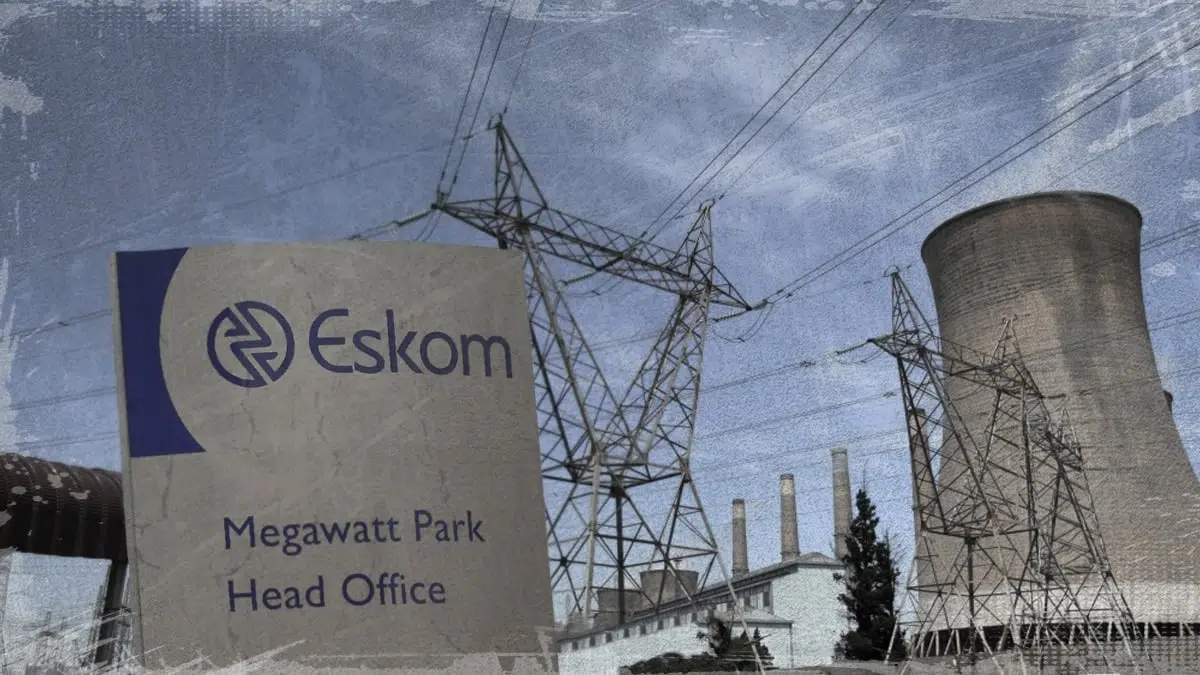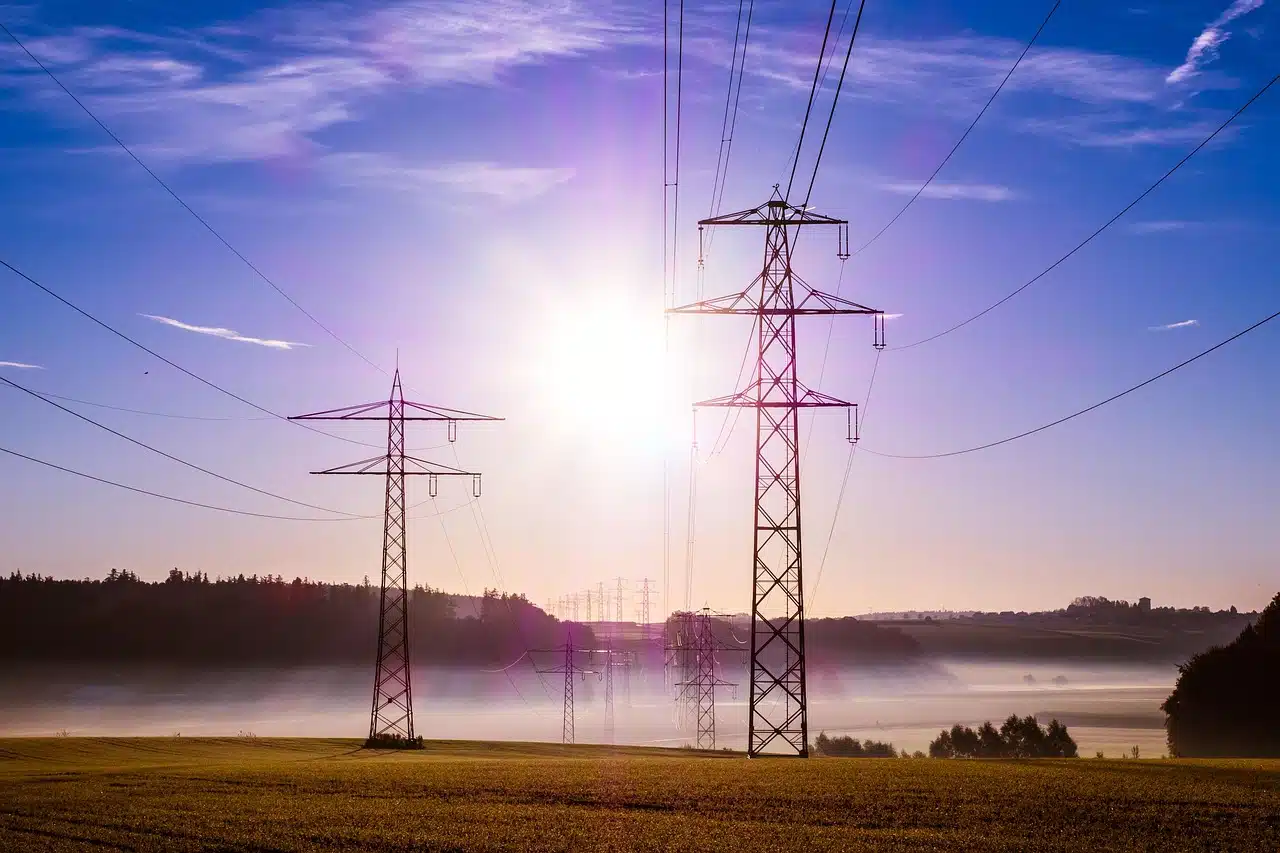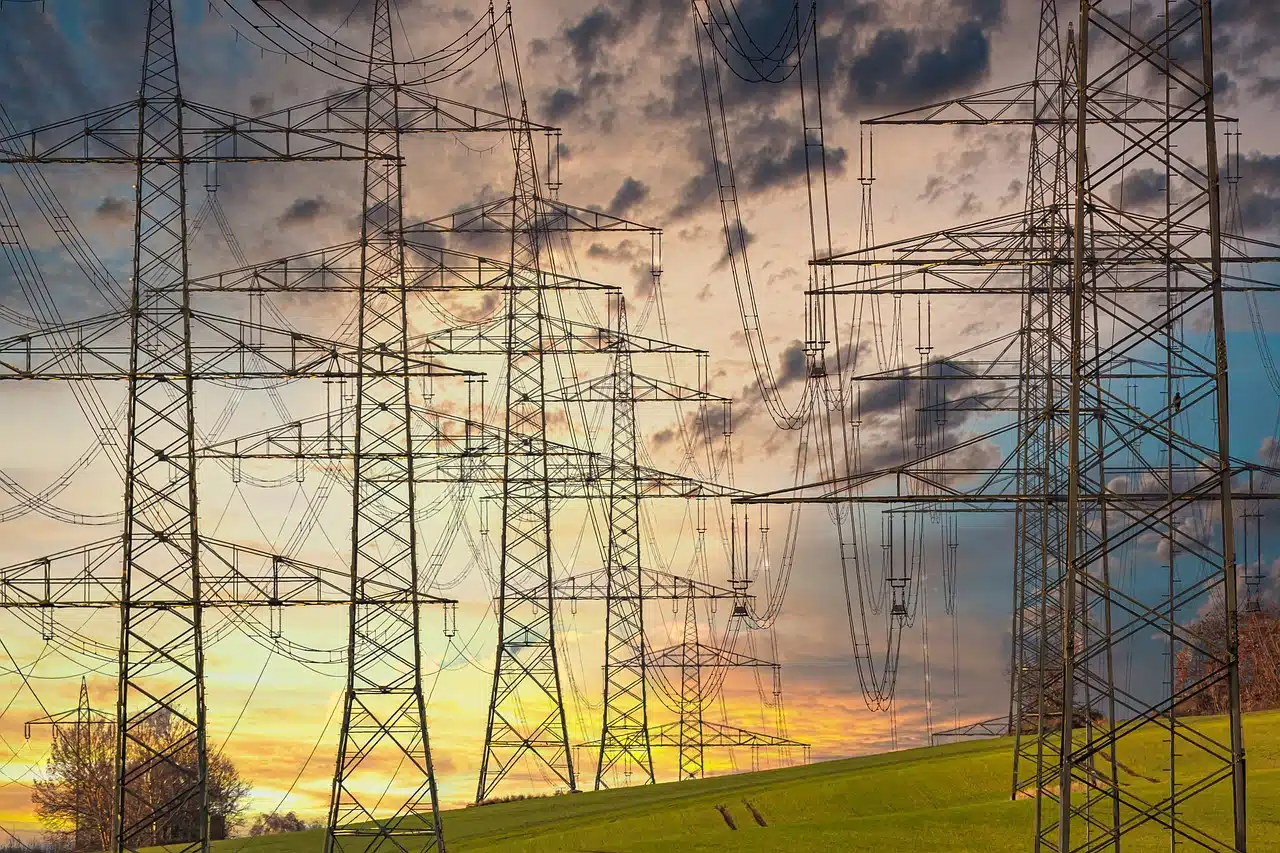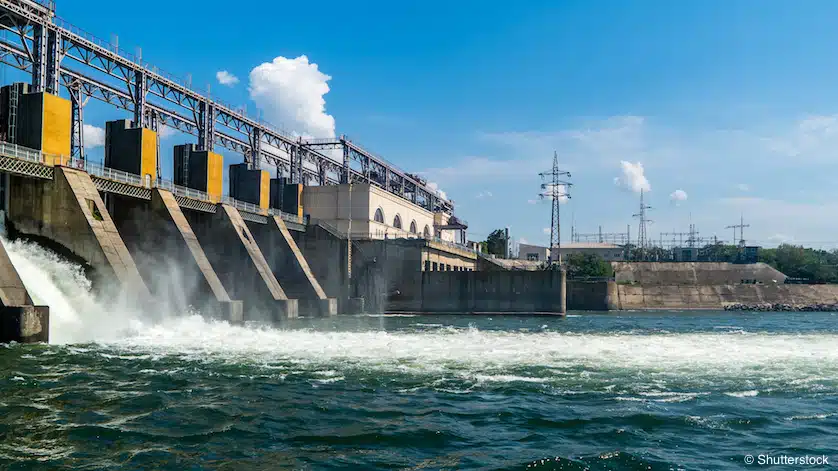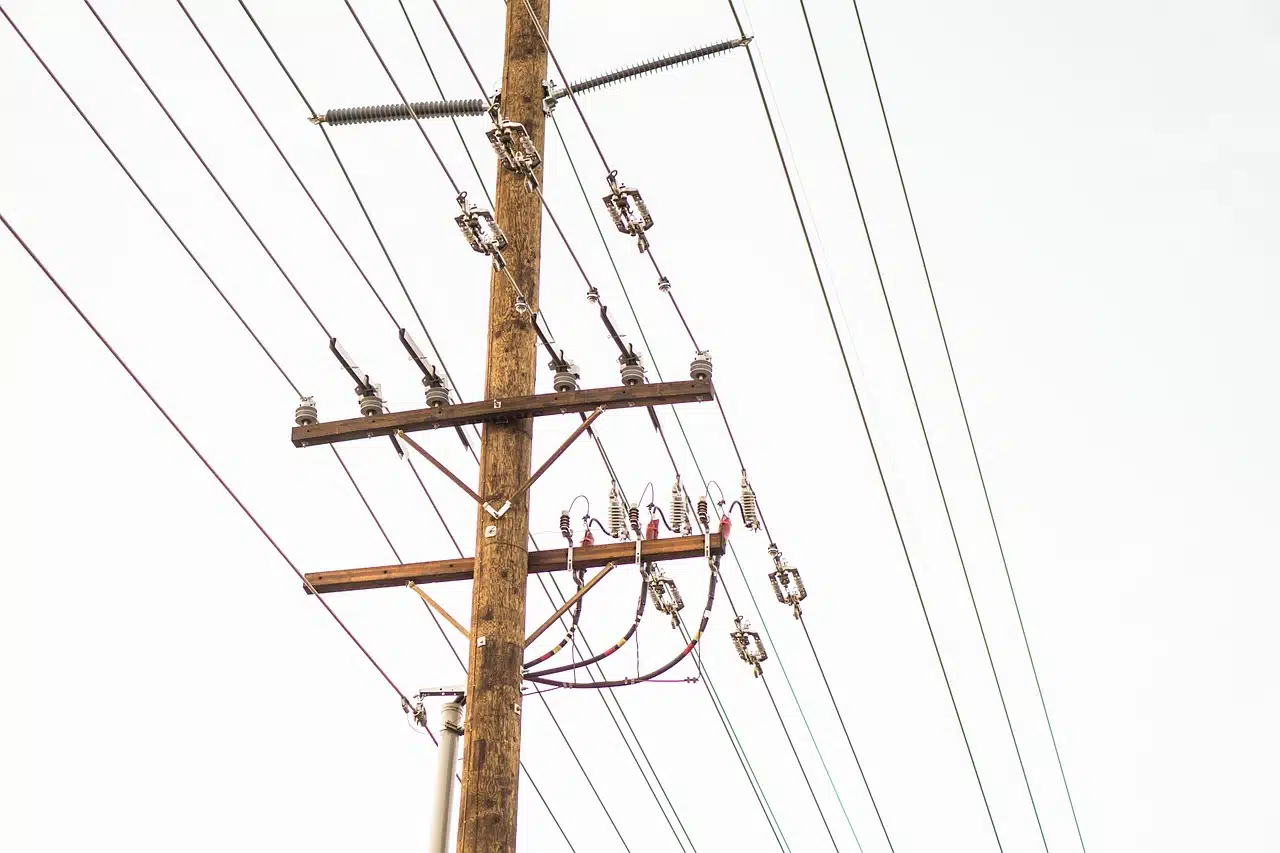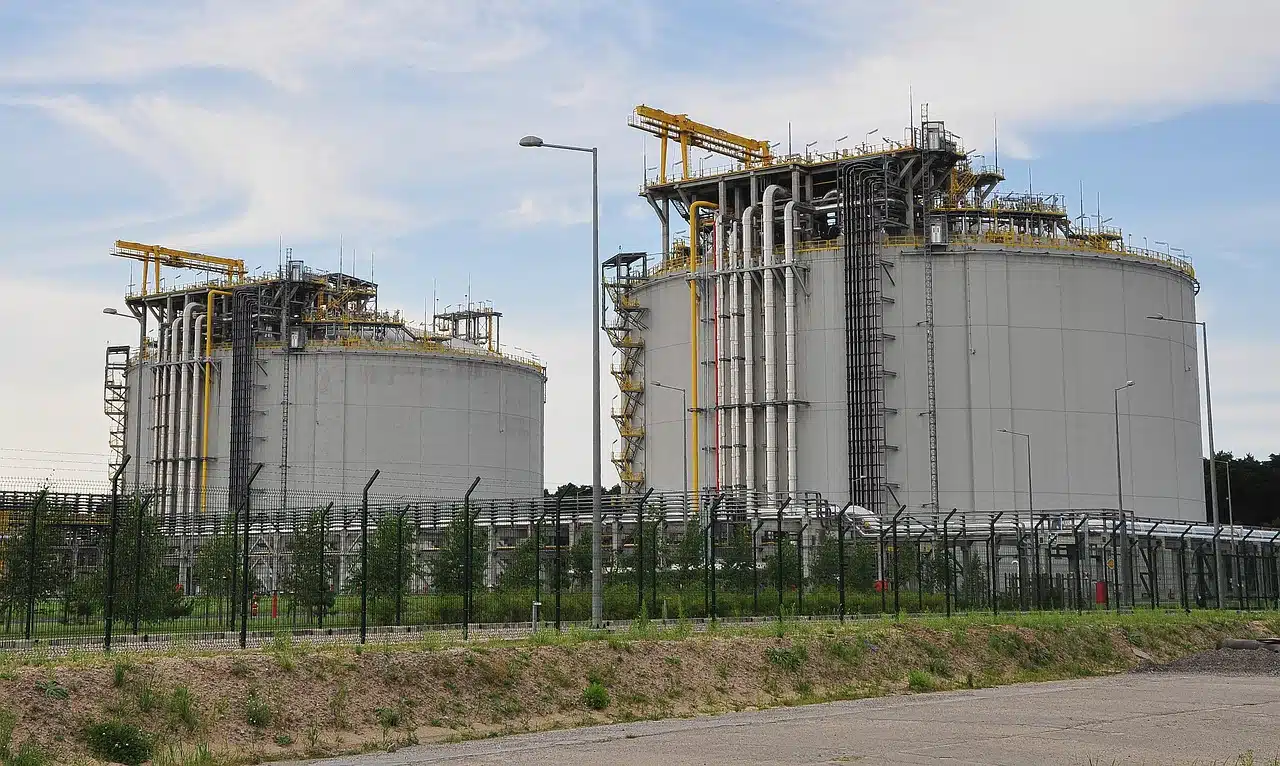South Africa has granted temporary exemptions to several Eskom coal fired power plants from meeting air quality regulations, Environment Minister Dion George said on Monday.
However, he stressed that these exemptions are not permanent and come with strict conditions.
The government is facing the challenge of balancing the need to reduce pollution and the pressing demand for electricity in Africa’s most industrialized nation.
Eskom, which operates a fleet of aging coal fired power stations responsible for most of South Africa’s electricity generation, had requested exemptions for eight of its plants from the country’s minimum emissions standards.
Speaking at a press briefing in Pretoria, George stated that while the exemptions had been granted, they would be strictly monitored.
“These exemptions are not a free pass but are tailored to each facility with stringent conditions,” he said.
Moreover, the Ministry of Forestry, Fisheries, and Environment (DFFE) outlined several measures Eskom must comply with, including enhanced air quality monitoring, hiring environmental health specialists, and providing mobile health clinics for affected communities.
Six of Eskom’s plants Lethabo, Kendal, Tutuka, Majuba, Matimba, and Medupi will have their exemptions limited to five years, expiring on April 1, 2030.
Meanwhile, the Duvha and Matla power stations have been granted exemptions until their planned decommissioning in 2034.
Eskom, which has been struggling to stabilize power supply amid frequent breakdowns and maintenance backlogs, said it was reviewing the government’s decision.
The company reiterated its commitment to reducing the negative impact of its operations on public health and the environment.
Meanwhile, South Africa’s reliance on coal has long been a source of concern for environmentalists and health experts.
Studies have linked pollution from coal fired power stations to serious health risks, particularly in communities near power plants.
A 10 year study conducted by the South African Medical Research Council and the British Department for International Development found that people living near coal plants in Mpumalanga province had a mortality rate 6% higher than those in other parts of the country.
The study also reported increased cases of birth defects, lung disease, and cardiovascular conditions in the affected areas.
Eskom has previously said that upgrading its older plants to meet emissions standards would be financially challenging.
Many of its facilities are between 30 and 40 years old, and retrofitting them with cleaner technology would require billions of rand in investment.
The government, however, has indicated that the transition away from coal remains a long term priority.
While Eskom’s exemptions provide short term relief for the struggling utility, they also highlight the ongoing tension between energy security and environmental sustainability in South Africa.

